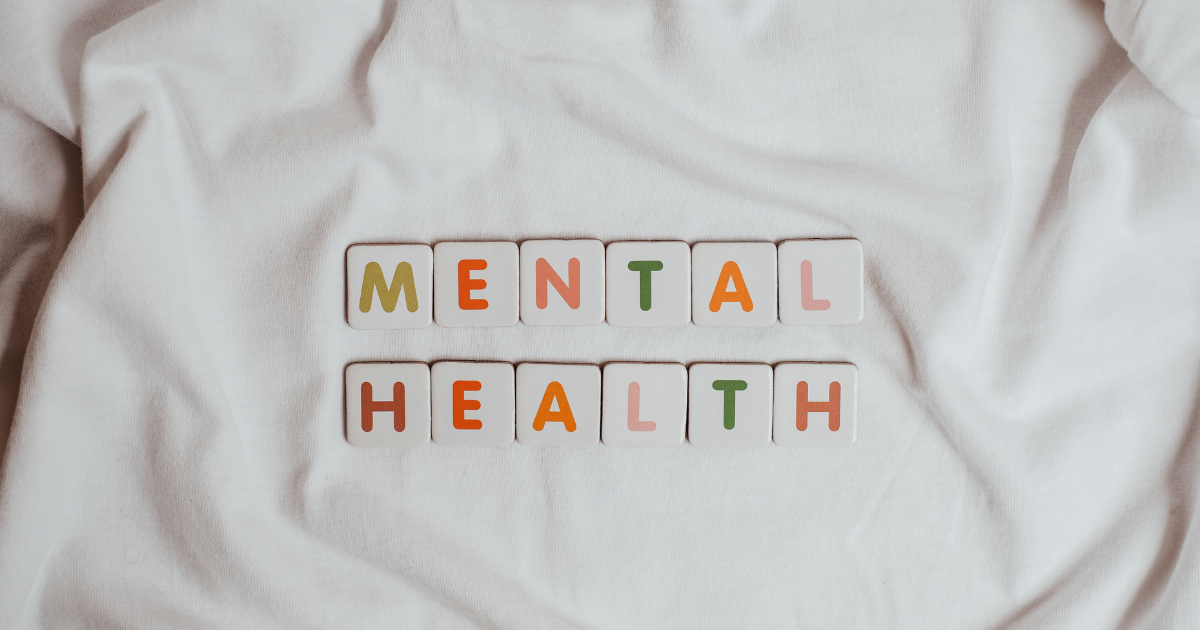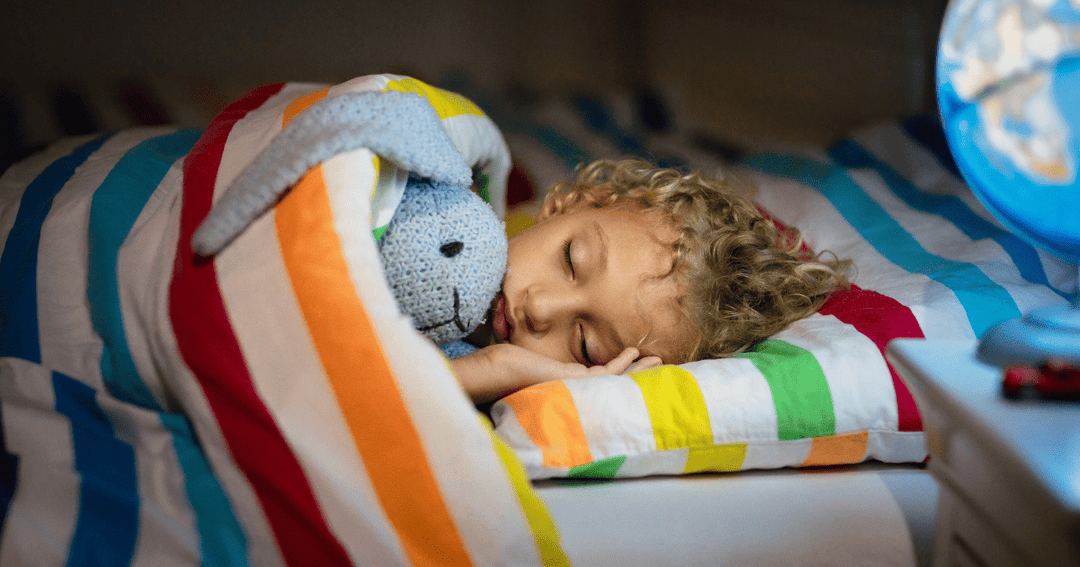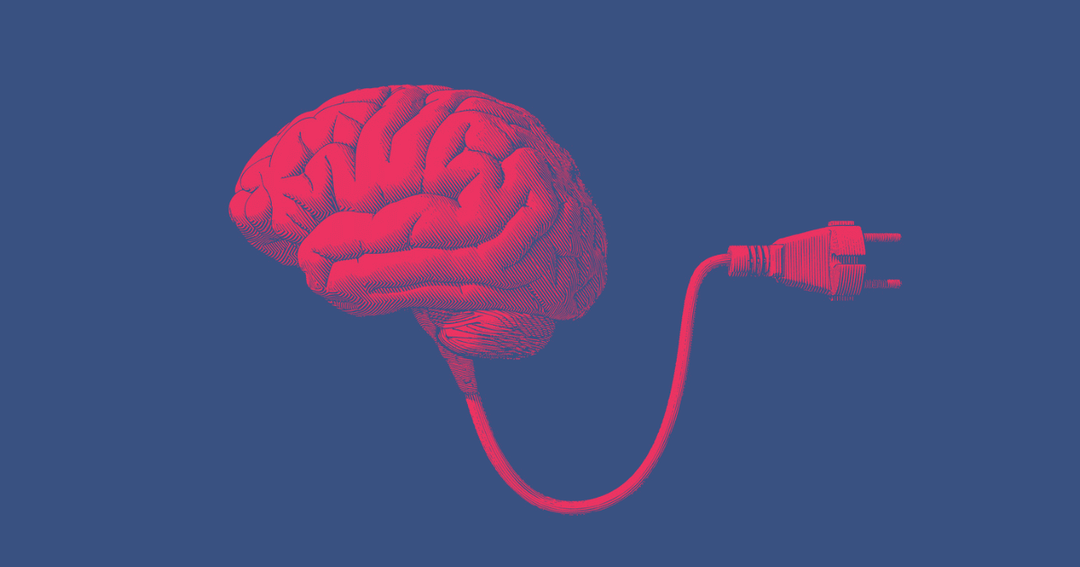Mental Health Disorders Affect Sleep: Here’s What to Do

Is your insomnia contributing to your depression, anxiety, or other mental health condition—or is it the other way around? Sleep disorders like insomnia are a common co-morbidity to a myriad of mental health disorders. It may not be possible to determine “which came first” and ultimately, this question is not important. What is important is treating your health holistically and if that includes sleep disorders, working with a sleep doctor is paramount. There are many tools for helping you get the sleep you need, including the all-natural drinkable supplement Sip2Sleep®.
Developed by a sleep doctor and informed by research that shows Montmorency tart cherry extract is an excellent, organic source of melatonin, Sip2Sleep® is unique in that it combines Montmorency cherry extract with Venetron® (also derived from a plant and known for its stress-reducing effect). Unlike many other sleep aids, Sip2Sleep® does not include any other unnecessary ingredients, such as antihistamines, and as such is non-habit forming and should not have tolerance problems associated with taking it. It can also be used in conjunction with many medications, such as those to treat depression or anxiety, but of course, consulting with a doctor is important before adding anything new to your regimen.
The Catch-22 of Sleep Issues and Mental Health
When you struggle with a mental health disorder like depression or anxiety, it is going to affect every other part of your life, including sleep. Of course, lack of sleep is, in turn going to negatively impact your life as well, often worsening symptoms of mental health disorders or triggering them. It’s a vicious cycle and treating just one is not necessarily going to improve the other. Instead, taking a comprehensive approach to your health and well-being is a must—but what if you’re worried about taking too many medications? That’s where Sip2Sleep® comes in.
Also: Insomnia as a Mental Illness?
Prescription medications are sometimes necessary to treat mental health conditions. However, taking prescription sleep aids or even some OTC sleep aids chronically might not be required. Many people understandably want to avoid taking sleeping pills for chronic insomnia. Sip2Sleep® provides an alternative and can be used as an effective addition to an improved sleep hygiene regimen. By improving your sleep naturally, you may be able to help ease the symptoms of sleep anxiety, general anxiety, depression, and more.
Signs of Sleep and Mental Health Co-Morbidities
If you are managing a mental health disorder, you may have noticed that it’s tougher to fall asleep or stay asleep—or you might wake up earlier than you would like. In some cases, problems like panic attacks might disturb your sleep. If you feel tired during the day, find it difficult to get out of bed, or alternatively sleep a lot when you don’t want to (such as taking long afternoon “naps” that affect your professional or social life), these are potential signs that your mental health is affecting your sleep quality.
Also: Why Sleep Deprivation Can Lead to Serious Health Issues
If you have trouble sleeping, you are also more likely to be depressed, anxious, or suicidal. Those with mental health disorders are also more likely to experience paranoia, mania, or psychotic episodes because sleep is key to our overall well-being. On a lesser but still important scale, poor sleep makes you more likely to be irritable, have issues in day-to-day life, feel lonely, or have trouble making plans or concentrating. Lack of sleep leads to a host of related problems, affecting both your mental and physical health.
How to Improve Your Sleep
There is usually not one singular answer for getting the best sleep, but rather a combination of approaches. Stress can affect our sleep, but so can more logistical issues such as an uncomfortable or loud sleeping area. Certain medications can challenge our sleep, as can drinking alcohol. Those who work odd shifts or those with a current or past trauma are also more likely to have problems sleeping and mental health concerns.
Although everyone is different, anxiety can often lead to worries, thoughts, and panic attacks—including while you’re trying to sleep. Depression can make someone sleep more but may also present with insomnia. Those with a history of trauma might struggle with nightmares, night terrors, or flashbacks that disturb sleep. For those with psychosis, sleep can be an incredible struggle, and those with mania often experience intense energy and elation that makes them forego sleep for days. Psychiatry medications can come with a host of side effects as well, including insomnia, nightmares, and sleeping too much.
Also: 13 Tips to Fall Asleep Faster
Finding a balance in your treatment is essential. Contact us to learn more about Sip2Sleep® and how this natural supplement might be able to help you achieve the sleep you need.







